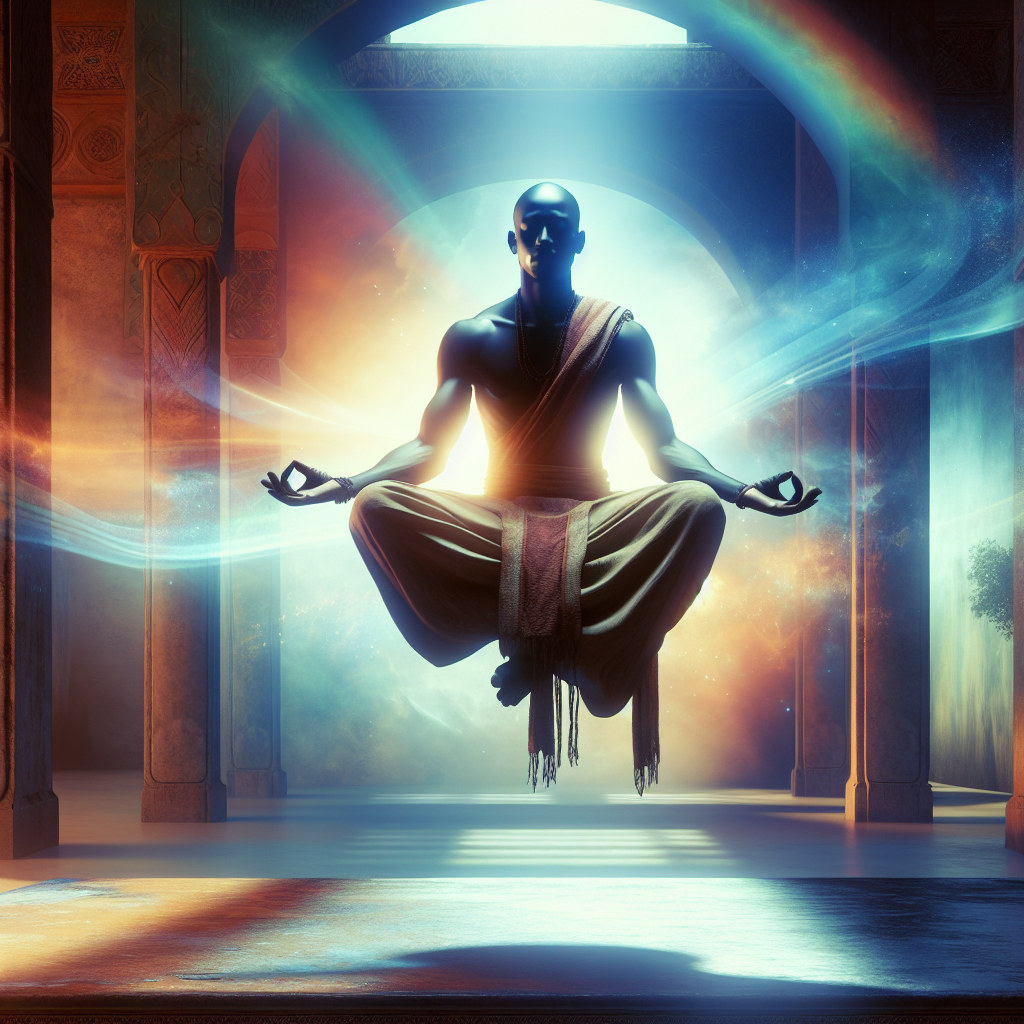Breaking Free: Finding Identity as a Black Gay Man in Modern America
At the age of 42, I find myself reflecting on a universal struggle many face: the pressure to conform to societal expectations. As a Black gay man, thinker, and dreamer, I've encountered countless suggestions to pursue conventional paths—whether in sports, business, or other traditional markers of success that dominate our community values.
Within the African American community, these expectations are deeply intertwined with American family values and Black culture. Success is often reduced to visible metrics: the size of one's house, career prestige, or bank balance. Christianity, specifically, stands as a central pillar of identity and morality, further reinforcing these traditional measures of achievement.
Yet these conventional success narratives leave little room for alternative paths—particularly for LGBTQ+ individuals in the Black community. Growing up, I recognized my misalignment with these predefined boxes. Even before I fully understood my sexual identity or reasons for feeling different, my reality stood in stark contrast to societal norms.
The complexity of my journey lies in its contradictions: I've yearned for the familiar comfort of family life—similar to my cherished childhood with my parents and sister—while simultaneously growing more comfortable with solitude. This duality has shaped my perspective on Black masculinity and identity, as traditional family structures gradually became less central to my vision of fulfillment.
When I express my comfort with solitude, others often respond with disbelief or attempts to suggest potential romantic connections. I consistently maintain that such traditional relationships don't align with my current reality. The ambiguity of what a relationship might look like for a gay Black man in his 40s further distances me from conventional romantic narratives.
Life oscillates between moments of profound pain and remarkable clarity. Many nights, I've grappled with feelings of failure, immersed in solitude and weighted by emotional burdens. At times, this anguish feels like a permanent mark on my family's legacy—a deviation from deeply-held expectations within the Black community.
Through these challenges, I've gained a deeper understanding of emotional pain's impact on mental health. While invisible to others, this pain can inflict lasting damage if left unaddressed. Acknowledging these truths doesn't eliminate the struggle, but it marks an essential step toward understanding and healing.
Support My Journey: As I navigate this personal transformation, I'm currently working to secure stable housing while returning to the workforce. Your support can make a real difference in helping a fellow human being get back on their feet. If my story of breaking free from societal expectations resonates with you, please consider contributing at buymeacoffee.com/adontai. Every contribution, no matter how small, helps me maintain stability during this transition and continue sharing my story with others who might be facing similar challenges.
Follow my journey and connect with me on social media @adontaim on x.com.

